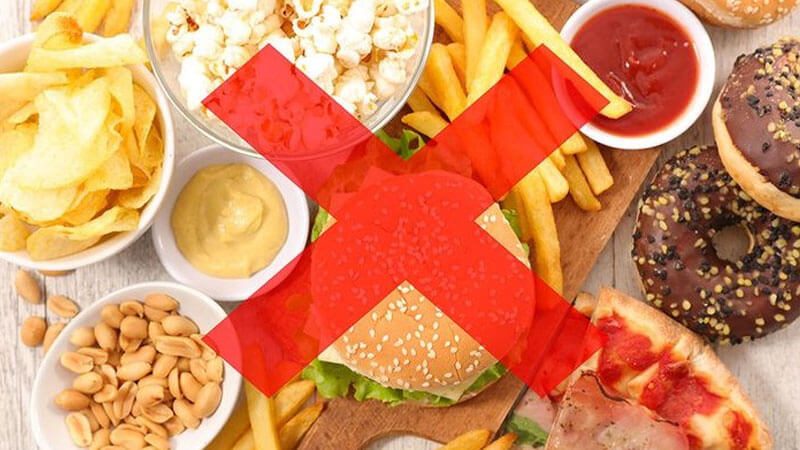Tonsillitis is a common condition that can affect people of all ages. Tonsillectomy is considered the last resort to treat tonsillitis when medication fails.
Although there are no strict dietary restrictions, it is important to maintain a healthy diet to aid in recovery. In this article, we will explore how long it takes to resume a normal diet after a tonsillectomy. Stay tuned!
1 How Long After a Tonsillectomy Can I Eat Normally?
Tonsillectomy is recommended for cases such as chronic tonsillitis that recurs multiple times a year, unresponsive to conservative treatment, and causing severe complications.
About three days after a tonsillectomy, patients may still experience a sore throat, mild pain, and difficulty swallowing.
 It takes about a week for the tonsillectomy wound to heal, allowing a return to normal eating.
It takes about a week for the tonsillectomy wound to heal, allowing a return to normal eating.
If there are no complications, the wound starts to heal within about seven days, reducing swelling and pain. This is when patients can start introducing normal food into their diet. After about two to three weeks, the tonsillectomy wound should be completely healed, allowing a return to a regular diet.
However, the recovery process may vary depending on individual factors such as the body’s healing ability, quality of post-operative care, diet, and the surgical technique used.
2 Appropriate Diet After Tonsillectomy
Dietary guidelines after tonsillectomy:
Within 24-48 hours: In the first four hours after surgery, patients should refrain from eating and drinking, and after this period, soft and liquid foods are recommended to prevent irritation of the wound. Examples include , , .
After 2-3 days: Although the wound is healing, soft foods are still recommended, along with well-cooked vegetables such as , , , and . This ensures adequate nutrition to support the body’s recovery process.
 Continue with soft and easy-to-swallow foods.
Continue with soft and easy-to-swallow foods.
After 4-5 days: As the throat becomes less painful, patients can introduce soft rice and mashed potatoes into their diet.
From the seventh day onwards: If there is no more throat pain or discomfort when swallowing, a normal diet can be resumed. However, it is advisable to avoid hard and large foods until the wound is completely healed.
3 Foods to Avoid After Tonsillectomy
To promote wound healing and prevent infection, certain foods should be avoided after a tonsillectomy:
 Avoid spicy and oily foods.
Avoid spicy and oily foods.
– Refrain from eating hard and rough foods such as , , and .
– Minimize spicy and oily foods.
– Avoid acidic and sour fruits.
– Limit alcoholic beverages and quit smoking.
– Stay away from , , and , as they may slow down the healing process.
This article has provided insights into how long it takes to resume a normal diet after a tonsillectomy. We hope this information aids in your recovery process.
What is the best time to drink lemon honey water? Be careful, it can be harmful to drink it at the wrong time.
In conclusion, the decision to drink honey lemon water in the morning or before bed is a personal one. While it may offer some potential health benefits, it’s important to approach it with a realistic mindset and not expect miracles. Remember, moderation is key when it comes to any dietary practice.





































